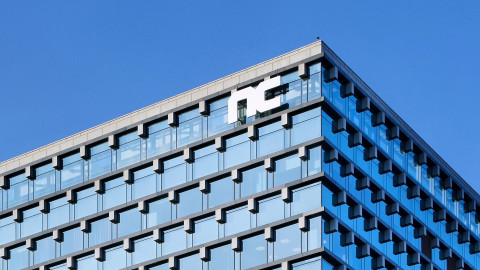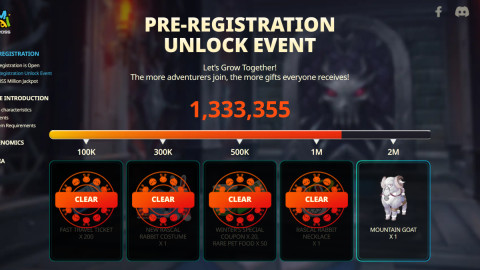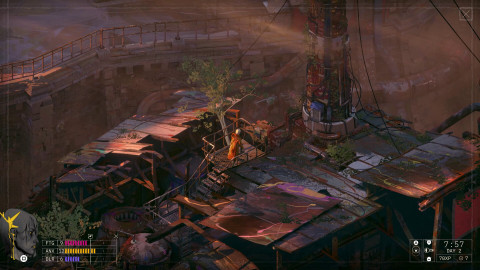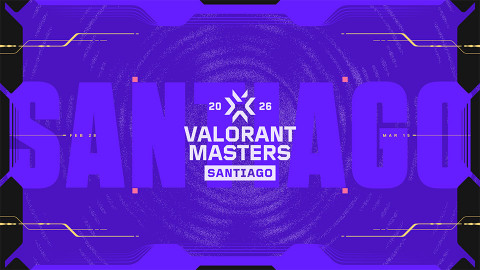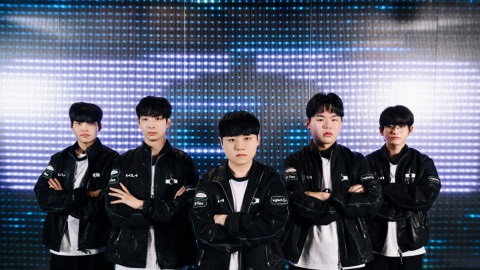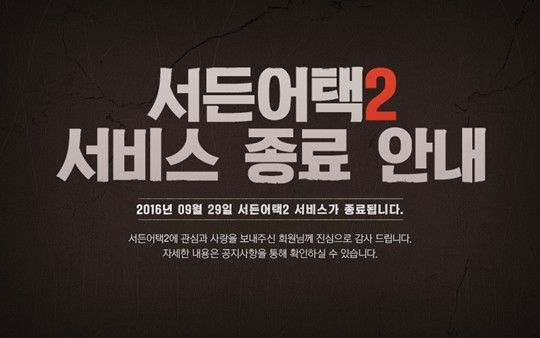
Never in the last two decades has the future of Korean game developers looked as bleak; the catastrophic crash and burn of Nexon's latest gargantuan release, Nexon's Sudden Attack 2, was conclusive proof of the industry's lagging behind global competiton.
In many ways, the recent moves - or lack thereof - from the traditional "big frogs" in Korea's small pond bring to mind the comically anachronous restaurateurs from Kitchen Nightmares, most of whom need a thrashing from straight-from-hell Ramsay just to let go of their petty bygone ideas.
No individual, or even a group of individuals, can be singled out for blame in regards to the current state of major Korean developers. Insiders report most of those companies have long become an overtangled mess: non-gamer directors out of touch with recent market trends, overaged development teams unaware of their own incompetence, production teams eager to shoot down any constructive criticism towards preconceived visions, marketing departments operating with dot-com era strategies... on the microscopic level, at least, the industry is in fact quite aware of its myriad problems. It simply lacks the collective ambition to solve them.

Ever since their successful transition to online games following the late-90s burst of software piracy, Korean developers have been content to rest on their laurels, monotonously milking a few legacy cash cow titles and farcically repackaging them over and over as new games. Only showing creativity when adding morally bankrupt DLC and/or pay-to-win mechanics, the big frogs continued to rake in cash at the expense of the Korean playerbase's patience and respect. No wonder why the majority of contemporary Korean gamers now look upon domestic titles with burning derision.
Times have changed, and it is time for the entire industry to wake up and smell the coffee: a two-thirds of the PC Bang crowd, and the vast majority of domestic gamers, now mostly stick to foreign titles. Developers should now realize that no amount of flimsy repackaging or one-off promotion events will ever bring them back.

While it has long been a topic of community debate whether Korean developers are simply unwilling or actually incapable of producing actual quality games, their commercial success have allowed them to maintain radio silence on the matter for over a decade. Now millions of bitter players are gleefully looking upon the big frogs as they are finally forced to prove their mettle.
Will they succeed? The next few years should tell.
Sort by:
Comments :0


